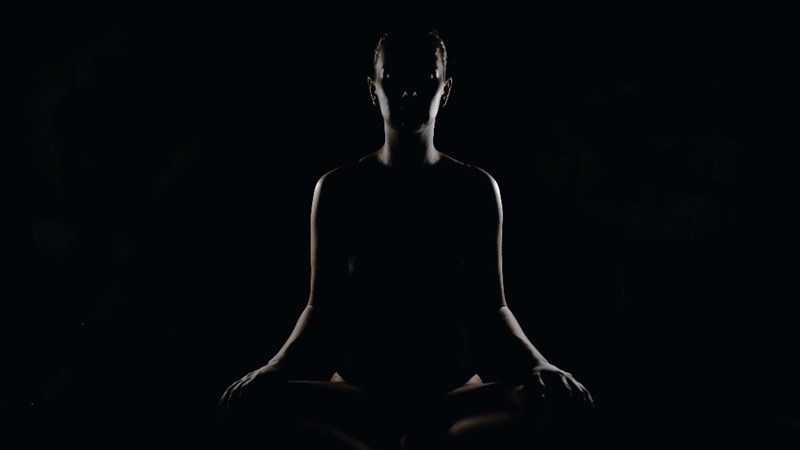Health
Meditation and relaxation tips─── 05:00 Wed, 30 Nov 2022

Meditation is said to be a good way to relax one’s body and mind. Here are a few tips on how you can go from being tense to tranquil.
According to Wikipedia, a person engages in the practice of meditation to train their attention and awareness and achieve a mentally clear, emotionally calm, and stable state by using a technique, such as mindfulness or focusing on a specific object, thought, or activity.
Numerous religious traditions engage in some form of meditation.
What is the purpose of meditation?
One’s sense of peace, calmness, and balance should be increased through meditation. Your general health will benefit from all of these.
This method can also help you unwind, deal with life’s stresses, and refocus your attention on the good things in it.
What are the fundamentals of meditation?
It is best to be calm and relaxed before and during meditation. Prior to meditating, taking a few slow breaths, deep breaths can often help you relax.
Finding a comfortable sitting position and giving your body a good shake from head to toe can help relieve any physical tension, according to Mayo Clinic.
ALSO READ: OFM Family Focus; World Stroke Week with the Heart and Stroke Foundation of SA
How to meditate
- Sit down. Find a quiet, peaceful area where you can sit.
- Establish a deadline. If you’re just starting out, picking a brief period of time – like five or 10 minutes – can be helpful.
- Take note of your body. All acceptable seating positions include kneeling, crossing your legs loosely, and sitting in a chair with your feet on the floor. Ensure that you are secure and in a position that you can maintain for some time.
- Notice your breathing. Pay attention to how your breath feels as it enters and leaves your body.
- Be aware when your thoughts have strayed. Your focus will eventually stray from the breath and go to other things. Simply bring your focus back to breathing when you eventually realise that your mind has wandered – in a few seconds, a minute, or five minutes.
- Be patient with your thoughts. Don’t criticise or worry excessively about the ideas you get caught up in when you’re lost in them. Just return.
End on a positive note. Lift your gaze when you’re ready (if your eyes are closed, open them). Consider listening to any sounds that are present for a moment. Observe how your body is currently feeling. Keep an eye on your feelings and thoughts.













